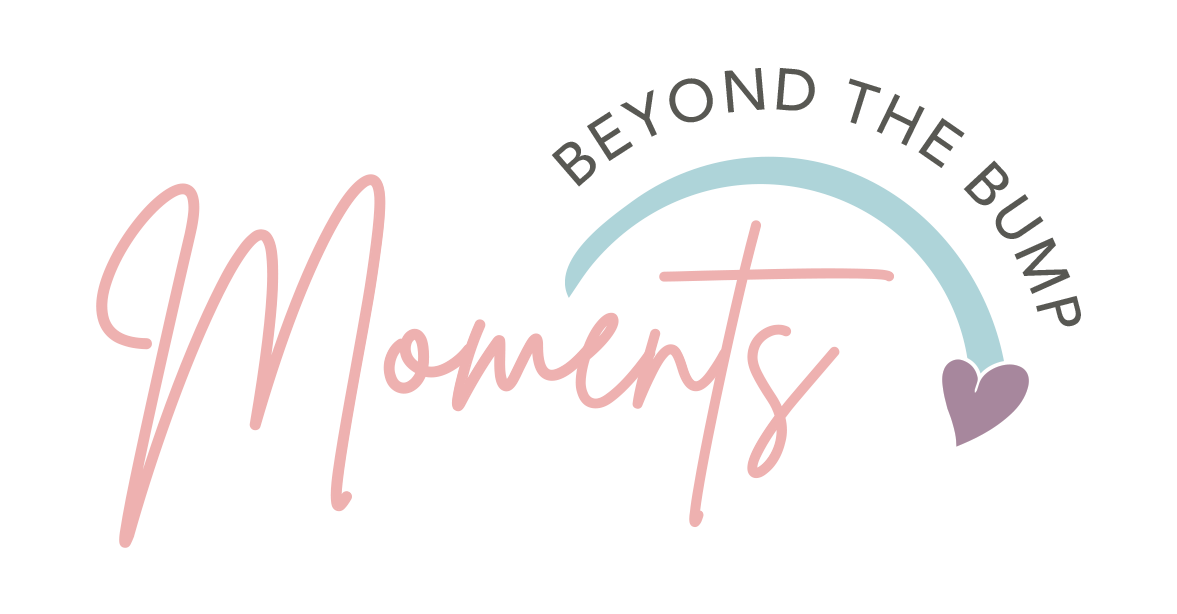The power of saying “no”
Motherhood is a role that comes with endless responsibilities, constant demands, and an unspoken pressure to do it all. From taking care of your children to managing the household, maintaining relationships, and perhaps even juggling a career, it's easy to find yourself stretched thin. Amid all these duties, the idea of saying "no" might seem impossible—or worse, selfish. But in reality, learning to say no and setting boundaries is one of the most powerful forms of self-care you can practice as a mother.
Why Saying No Is So Hard for Moms
For many moms, saying no feels uncomfortable. There's an internalized belief that being a good mother means being endlessly giving, always available, and capable of handling anything thrown your way. But this belief can lead to burnout, resentment, and a loss of identity. Here’s why it’s so challenging to say no:
Guilt: Moms often feel guilty when they prioritize their needs over others’. There’s a fear of letting someone down or not living up to expectations.
Cultural Expectations: Society often glorifies the image of the "supermom" who can do it all without breaking a sweat. This can make it hard to set limits without feeling like you’re falling short.
Fear of Conflict: Saying no can sometimes lead to uncomfortable conversations or confrontations, something many of us naturally want to avoid.
The Importance of Setting Boundaries
Setting boundaries is crucial for maintaining your mental, emotional, and physical health. When you constantly say yes to everything and everyone, you risk overextending yourself, which can lead to exhaustion, stress, and even resentment. Boundaries, on the other hand, create a protective space around you—allowing you to recharge, maintain your energy, and be fully present for the things that truly matter.
How Saying No Can Be Empowering
Saying no is an act of empowerment. It’s a way to reclaim your time, energy, and priorities. Here’s how it can positively impact your life:
Protecting Your Time: Time is one of the most precious resources, especially as a mom. By saying no to unnecessary commitments, you create more space for what truly matters—whether that’s spending quality time with your children, pursuing a personal passion, or simply resting.
Preserving Your Energy: Motherhood requires a lot of emotional and physical energy. When you spread yourself too thin, you’re likely to feel drained and less able to show up for your family and yourself in a meaningful way. Saying no helps you conserve your energy for the things that align with your values and needs.
Reducing Stress and Overwhelm: When you take on too much, stress and overwhelm are inevitable. By setting clear boundaries, you can reduce these feelings and create a more balanced and manageable life.
Modeling Healthy Behavior: When you set boundaries, you’re teaching your children the importance of self-respect and self-care. They learn that it’s okay to prioritize their needs and say no when necessary.
Practical Tips for Setting Boundaries and Saying No
If you’re not used to saying no, it can feel daunting at first. But like any skill, it gets easier with practice. Here are some tips to help you get started:
Identify Your Priorities: Before you can set boundaries, you need to know what’s most important to you. Take some time to reflect on your values, goals, and the areas of your life that need more attention. This will help you make decisions that align with your priorities.
Practice Saying No: Start small by saying no to minor requests or obligations that don’t serve you. As you get more comfortable, you can begin to set boundaries in more significant areas of your life.
Be Clear and Direct: When saying no, be clear and concise. You don’t need to provide a lengthy explanation or justification. A simple, “I can’t take that on right now” is often enough.
Offer Alternatives When Appropriate: If you feel comfortable, you can suggest an alternative solution. For example, “I can’t volunteer this week, but I’d be happy to help next month.”
Stand Firm: Once you’ve set a boundary, it’s important to stand firm. People might test your limits, especially if they’re used to you saying yes all the time. However, staying consistent with your boundaries reinforces your commitment to self-care and helps others respect your decisions.
Use Positive Language: Frame your no in a way that’s positive and respectful. For example, instead of saying, “I can’t do that,” you might say, “I’m focusing on my family right now, so I won’t be able to help with this.”
Prioritize Your Well-Being: Remember, your health and well-being are not negotiable. When you feel tempted to say yes out of habit, take a moment to ask yourself if the request aligns with your needs and priorities. If it doesn’t, it’s okay to decline.
The Ripple Effect of Healthy Boundaries
When you start saying no and setting boundaries, you’ll likely notice positive changes not just in your own life, but also in your family dynamics. You’ll have more energy and patience for your children, more time for meaningful activities, and a stronger sense of self. Additionally, you’ll model for your kids the importance of self-respect and taking care of one’s own needs—valuable lessons they’ll carry with them throughout their lives.
Conclusion: Embracing the Power of No
Saying no and setting boundaries are essential forms of self-care in motherhood. They allow you to protect your time, energy, and mental well-being, ensuring that you can show up as your best self for both your family and yourself. It’s not about being selfish; it’s about recognizing that your needs are important too. So the next time you feel overwhelmed or stretched too thin, remember that you have the power to say no—and that doing so is an act of self-preservation that will ultimately benefit everyone in your life.
